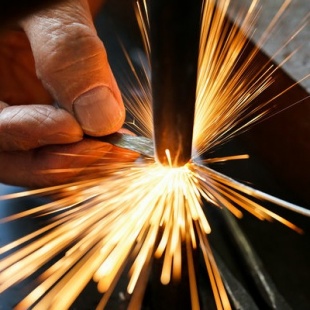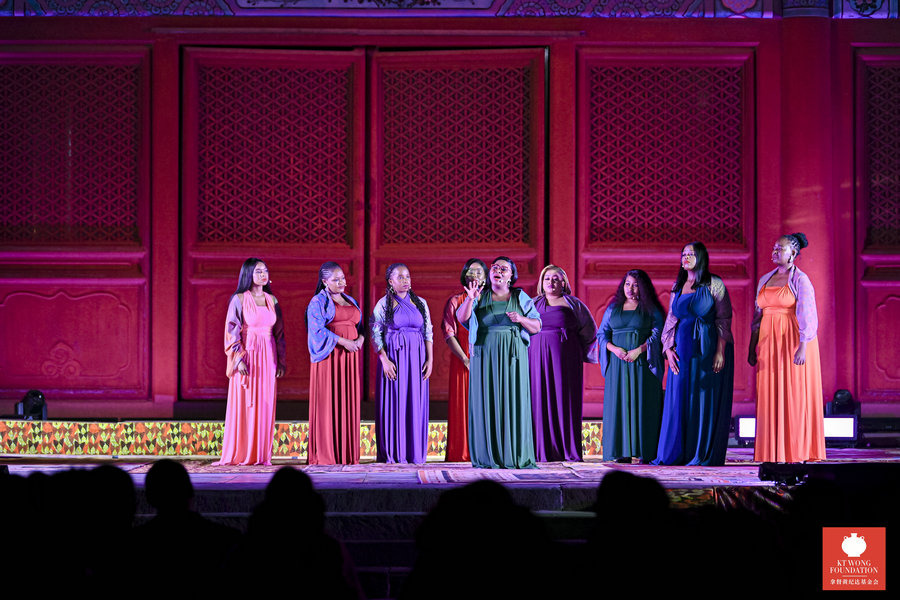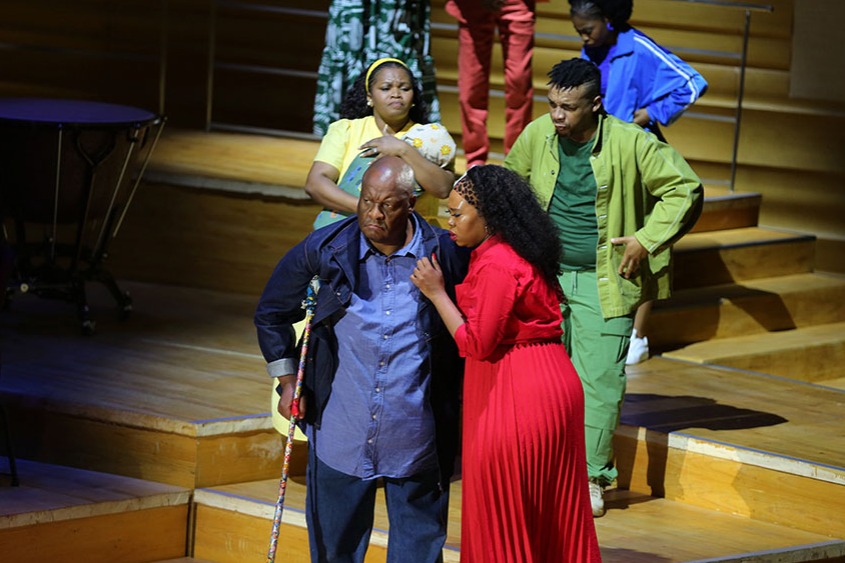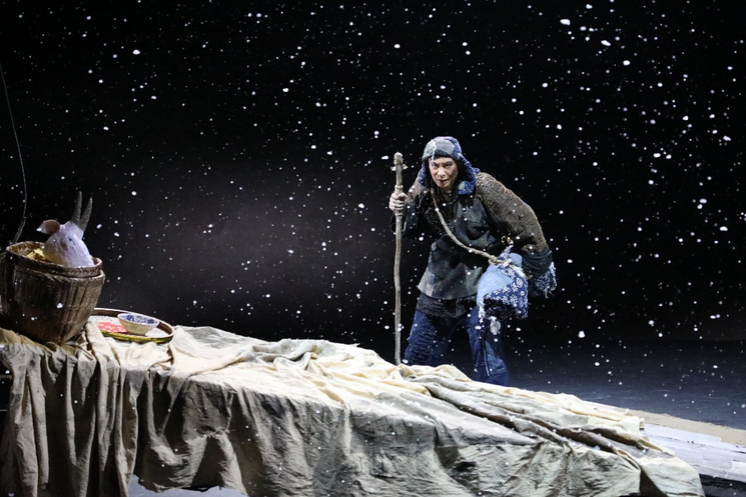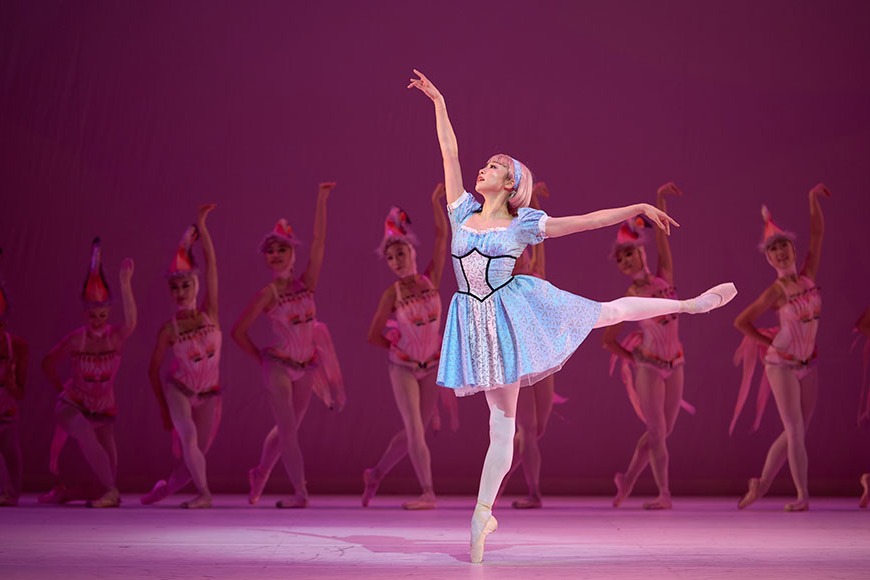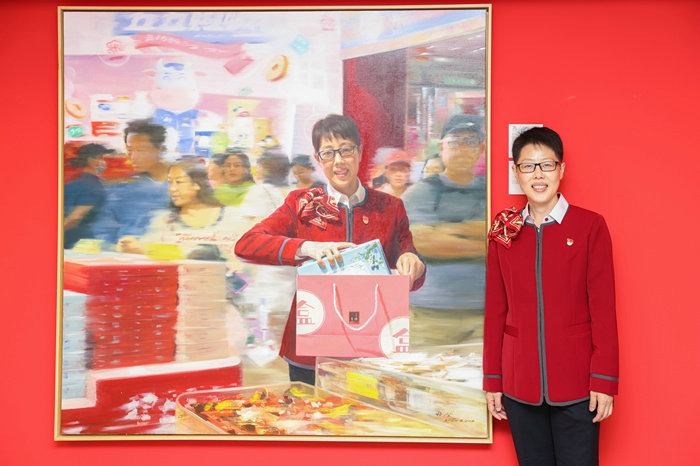Art creation strikes when the iron is hot

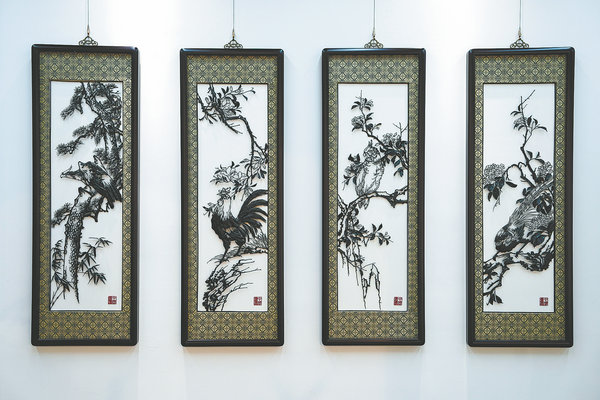
In his studio, Tang Chuansong is modifying a draft for a piece of tiehua, or iron painting.
Originating from Wuhu, Anhui province, Wuhu iron painting is crafted from iron sheets and wires, heated using a furnace or spot welder. Artisans shape these materials through forging, drilling, welding, filing, chiseling and other techniques, placing the intricate patterns on a white base before framing them into a painting.
Dating back over 300 years to the late Ming (1368-1644) and early Qing (1644-1911) dynasties, Wuhu iron painting was recognized in 2006 as a national intangible cultural heritage. This art form portrays landscapes, figures, flowers, insects, birds and animals, blending traditional Chinese painting and ink wash techniques with 3D modeling to create a distinctive style.

At 80 years old, Tang serves as the technical director of the Wuhu arts and crafts factory and is the provincial-level inheritor of the craft.
Beginning as an apprentice at 15 years old, Tang's passion for the art form led to becoming a prominent figure in the field. In the 1970s, he revolutionized iron painting techniques by introducing modified spot welding machines, replacing traditional furnaces and enhancing both the craft's process and working conditions for craftsmen.
Today, Tang is committed to preserving and passing on the legacy of Wuhu iron painting craftsmanship to the next generation of artists, ensuring that his knowledge and expertise continue to inspire and guide aspiring learners.


